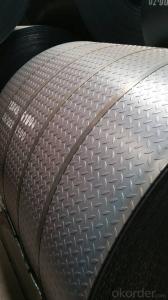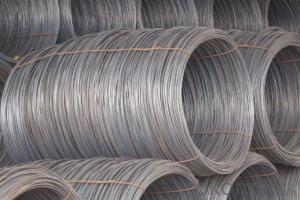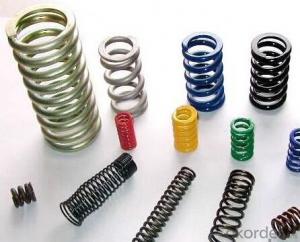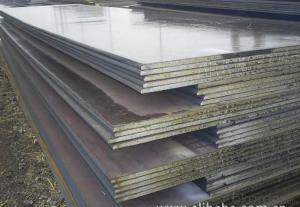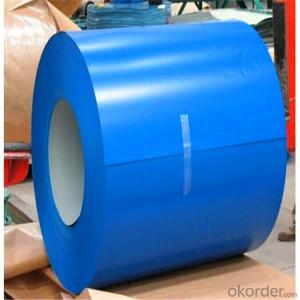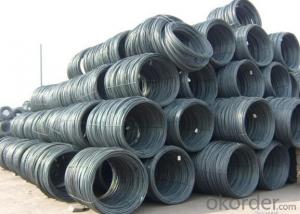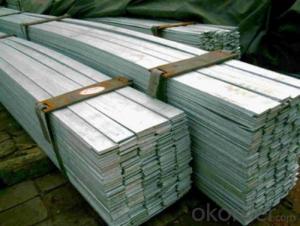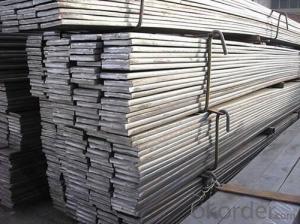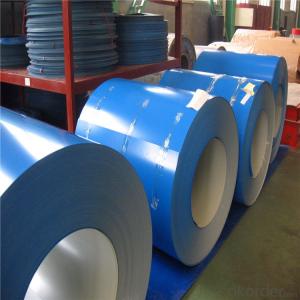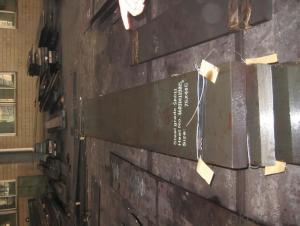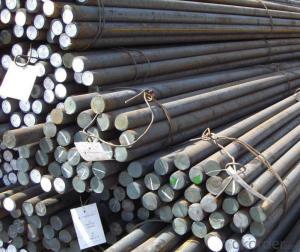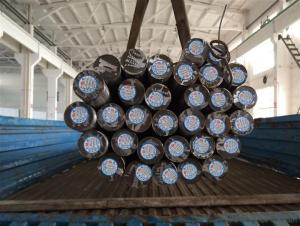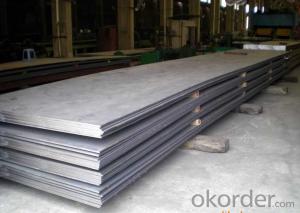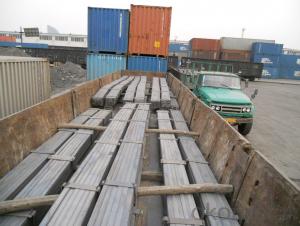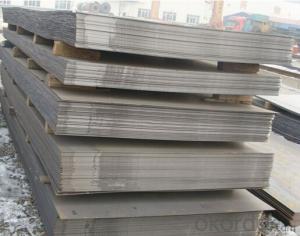All Categories
- - Steel Wire Rod
- - Steel Coils
- - Steel Profiles
- - Steel Pipes
- - Stainless Steel
- - Tinplate
- - Special Steel
- - Steel Sheets
- - Steel Rebars
- - Steel Strips
- - Hot Rolled Steel
- - Cold Rolled Steel
- - Pre-painted Steel
- - Seamless Steel Pipe
- - Welded Steel Pipe
- - Hollow Steel Tubes
- - Galvanized Pipe
- - Stainless Steel Coil
- - Stainless Steel Sheet
- - Stainless Steel Plate
- - Stainless Steel Strips
- - Electrolytic Tinplate Coil
- - Electrolytic Tinplate Sheet
- - Stainless Steel Rebars
- - Solar Panels
- - Solar Water Heater
- - Solar Related Products
- - Solar Inverter
- - Solar Cells
- - Solar Light
- - Solar Energy Systems
- - Solar Controllers
- - Solar Mounting System
- - Solar Pump
- - Solar Chargers
- - Fiberglass Chopped Strand
- - Fiberglass Mesh Cloth
- - Composite Pipes
- - FRP Pultrusion Profiles
- - Fiberglass Mat Tissue
- - Fiberglass Fabrics
- - Fiberglass Mesh
- - Composite Tank
- - Fiberglass Mesh tape
- - Polymer
- - FRP Roofing Panel
- - Fiberglass Roving
- - Monolithic Refractories
- - Ceramic Fiber Products
- - Refractory Bricks
- - Raw Materials For Refractory
- - Suspended Platform
- - Cranes
- - Concrete Machinery
- - Earthmoving Machinery
- - Building Hoist
- - Road Building Machinery
- - Plastic Pipe Fittings
- - Plastic Tubes
- - Plastic Sheets
- - Agricultural Plastic Products
- - Plastic Nets
 All Categories
All Categories
Q & A
What are the challenges in machining and fabricating special steel parts for custom applications?
There are several challenges in machining and fabricating special steel parts for custom applications. Firstly, special steel alloys often have unique chemical compositions and mechanical properties, making them more difficult to work with compared to conventional steels. This requires specialized knowledge and expertise in selecting appropriate cutting tools, machining parameters, and fabrication techniques.
Secondly, special steel parts for custom applications usually have complex geometries and tight tolerances, which can be challenging to achieve during the machining and fabrication processes. Precision and accuracy are crucial to ensure the parts meet the desired specifications.
Additionally, special steel alloys are often harder and more abrasive, leading to increased tool wear and shorter tool life. This necessitates the use of high-quality, durable cutting tools and frequent tool changes, which can increase production costs and time.
Furthermore, special steel parts may require additional post-machining treatments such as heat treatment, surface coating, or stress relieving to enhance their properties or meet specific requirements. Coordinating these additional processes and ensuring their compatibility with the special steel material can be complex and time-consuming.
Lastly, special steel alloys are typically more expensive compared to standard steels, making material costs a significant factor in machining and fabricating these parts. Therefore, careful material selection and efficient use of resources are essential to optimize costs while maintaining the desired quality.
Overall, machining and fabricating special steel parts for custom applications require specialized knowledge, precision, attention to detail, and careful material management to overcome the unique challenges associated with these materials.
How does magnetic testing contribute to the inspection of steel products?
Magnetic testing, also known as magnetic particle inspection (MPI), plays a crucial role in the inspection of steel products. This non-destructive testing method helps detect surface and near-surface defects, such as cracks, discontinuities, and material fatigue, in steel components. By applying a magnetic field and using magnetic particles, inspectors can identify and evaluate these defects, ensuring the quality and integrity of the steel products. Magnetic testing contributes to the overall inspection process by providing reliable and accurate results, facilitating the identification of potential issues, and promoting safety and reliability in the use of steel products.
How does steel perform in high-radiation environments like nuclear facilities?
Steel performs well in high-radiation environments like nuclear facilities due to its exceptional strength, durability, and resistance to radiation damage. It is commonly used in these facilities for the construction of reactor vessels, containment structures, and shielding materials. The inherent properties of steel allow it to effectively withstand the intense radiation levels and maintain its structural integrity, ensuring the safety and reliability of nuclear facilities.
Wholesale Special Steel from supplier in Andorra
We are a Special Steel supplier serving the Andorra, mainly engaged in the sale, quotation, and technical support services of various Special Steel products in the Andorra region. We are a subsidiary platform of the Fortune Global 500 company CNBM, able to provide you with one-stop Special Steel procurement services in the Andorra. Not only do we have a wide range of Special Steel products, but after years of market development in the Andorra, we can also provide valuable experience for your projects.
